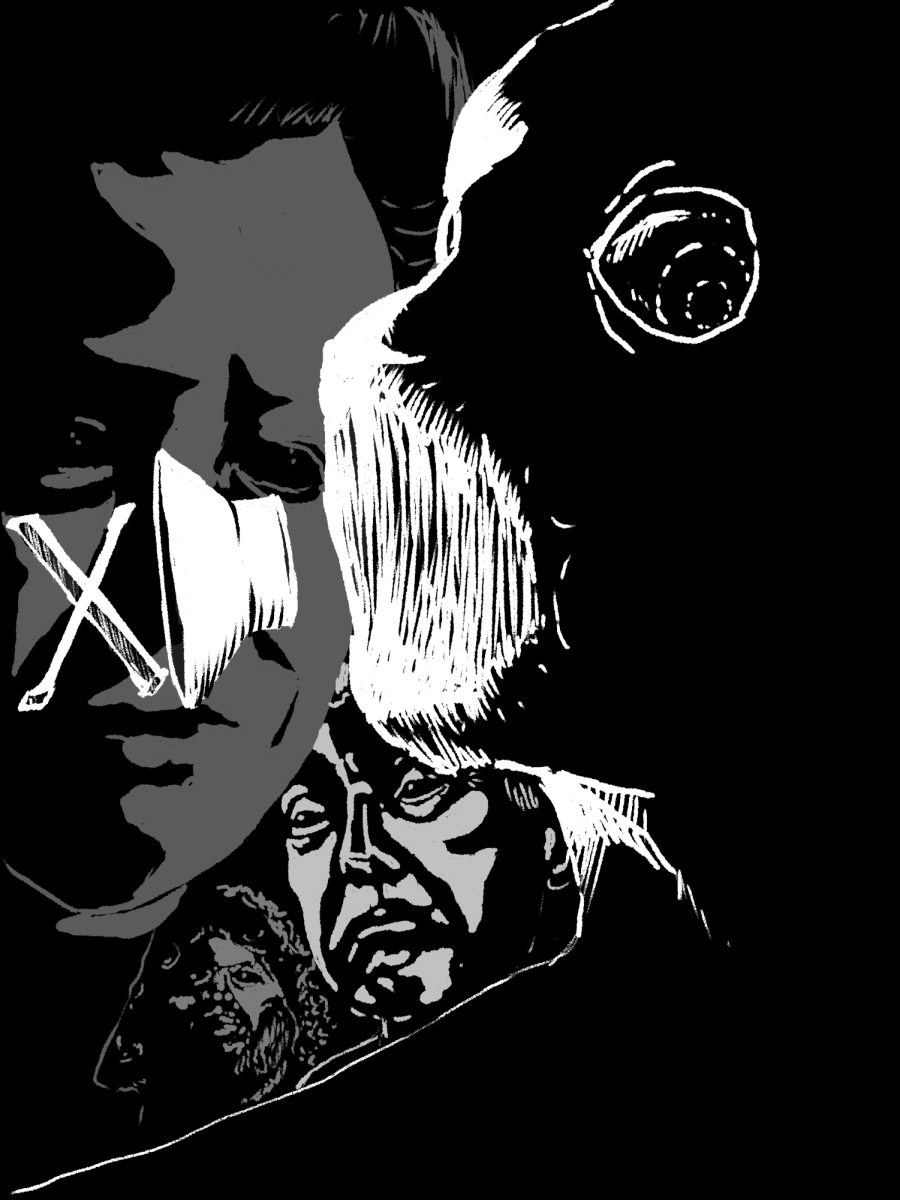by Sarah McCarthy
There are few things worse than not wanting to be grateful when you know that you ought to be. Without exception, we, at Whitman, ought to be.
We go to a nice school with green lawns and waddling ducks. We don’t have to put quarters in the laundry machines. We can request a mix of Alfredo sauce and pesto for our Fire and Spice dishes. We live, in short, in comfort; we live well. Everyone knows this, objectively, but being told that you should be grateful doesn’t help much of anything.
It is easy to feel otherwise, particularly if it is 4 a.m. and your computer has decided it would rather not have a working hard drive anymore. It is easy to feel otherwise when you have far too much to do, when you are forced to go pinging, when you feel betrayed by a friend, when the library has run out of study rooms and the printers have run out of ink.
It is easy to feel anything but grateful, sometimes, because even though we may be lucky in a larger sense, that doesn’t make the smaller miseries any better.
I was not in a grateful mood on a spring night my freshman year. I would characterize myself that night as in more of a go-out-to-the-wheatfields-and-scream-numerous-piercing-screams-and curse-and-literally-beat-the-ground-with-my-fists kind of mood instead. Unfortunately, though I was in the wheat fields, I was engaged in the more socially-acceptable activity of half-listening to a conversation between a few of my dorm mates. There are few places better for talking than the wheat fields on a dark night. The only light is a faint glow coming from the prison, the sky is large, the wheat makes a slightly creepy rustling sound, and even though nothing exciting is likely to happen, there seems a possibility that something awe-inspiring will.
The conversation that I was half-listening to was centered primarily on zombies: most notably how one would deal with a zombie attack, particularly if said zombie were to turn YOU into a zombie as well.
I started really listening, though, when the conversation turned from zombies to the slightly larger question of existence: of exactly what the probability was that all of us would exist, be going to the same school, and know each other within that school. The probability, we determined, was of course almost infinitely tiny: far, far tinier than winning every lottery for the rest of your life. The probability, Brian Cutter suggested, was that of rolling two billion threes, all in a row.
“What if that’s how it works?” he suggested, “That there are dice up in the sky, and before you get to exist you have to roll two billion of the same number.”
Oh, it sounds a little silly: it doesn’t sound like a deep philosophy that can change a person’s life. I won’t claim otherwise: it is silly, it is not likely to be true, and it has not markedly changed my life in any way. But think about just for a moment. You, in whatever amorphous pre-existing state that you want to imagine yourself in with a small red Yahtzee-like dice cup, rolling over and over. “Come on, three,” I imagine myself saying. “Just a few million more.” I imagine other pre-extent beings around me, throwing down dice in disgust when, they keep rolling the wrong number or, worse, when after a good streak of several hundred, they roll a one when they needed a four. I imagine a pre-existence party with lots of dancing and wine when I, at last, make my two billionth two.
I know not everyone can always feel this way, but I know that even on my very worst scream-in-the-wheatfield nights I am pretty glad to be here. Here as in Whitman, where I have indeed learned and grown and changed and done every other darn thing that liberal arts colleges assure you that you will do. Here as in Walla Walla.
Walla Walla has taken some getting use to, but it has so many delights: the Sew and Vac and Spa, a store that combines quilts, vacuums, and hot tubs in one handy location, the Sub Shop on Boyer which appears to have exactly one operating hour a week, and Mr. Ed’s, the restaurant down Isaacs that has a real live Elvis impersonator. I am pleased to be here, as in the Northwestern corner of the United States. And here, most importantly, on Earth at all. Of course, it doesn’t change anything, really: there are still going to be miserable nights, tragedies, days when maybe you’re wishing you hadn’t picked such a cooperative piece of die. There will still be, in short, a lot of bad luck. Your computer will eat your thesis and smack its lips greedily. You will run out of flex dollars. Someone you love will die. Facebook will introduce News Feed.
When those happen to me I still, of course, pout and groan and have a desire to run out and beat my fists upon the wheat field ground. I still curse my bad luck: I am no paradigm of virtue. But I do sometimes manage to stop and wonder, how much good luck can I ask for? I already rolled two billion threes.


